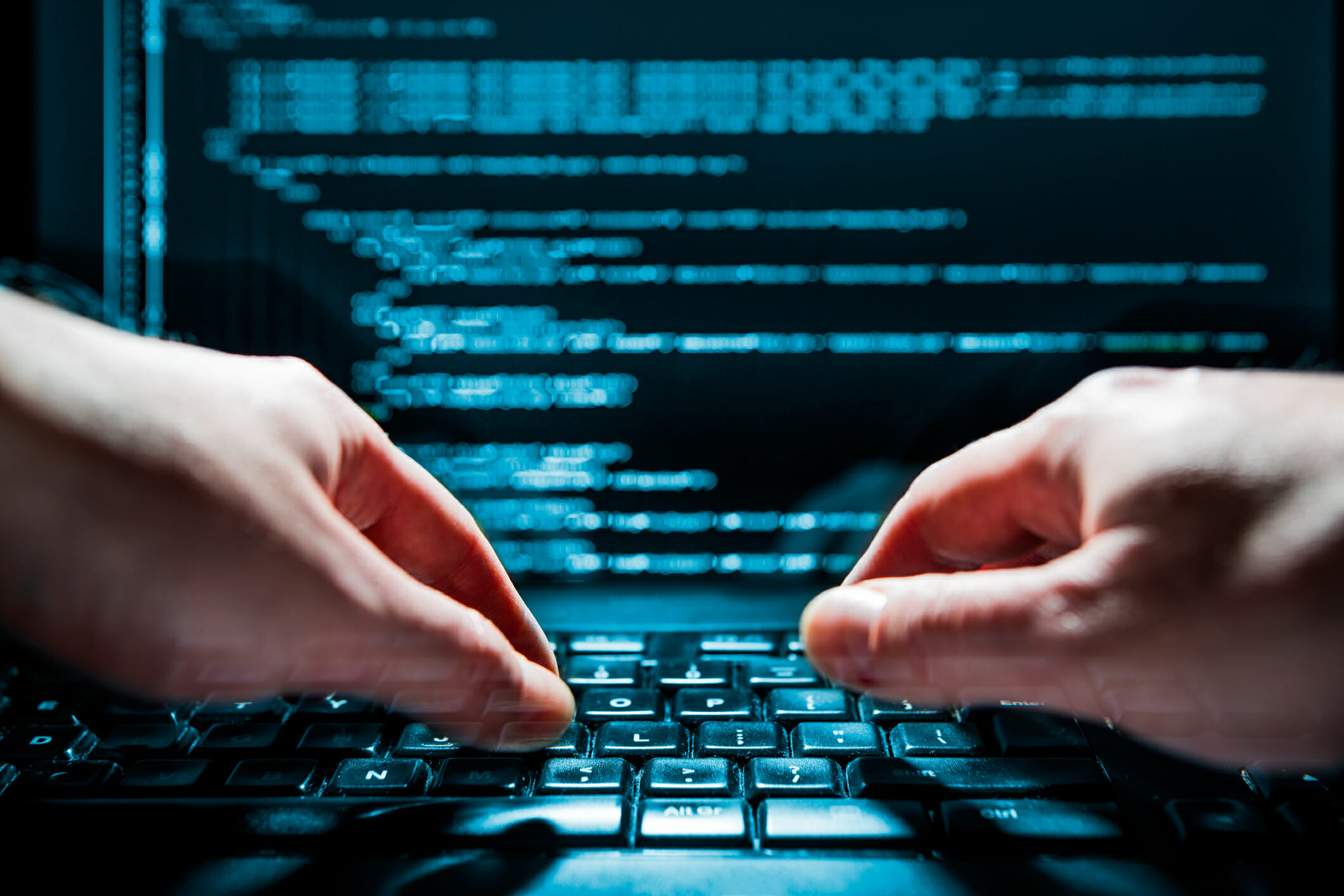How to socially distance yourself from misinformation

By Heidi Parker
As fast as the COVID-19 virus continues to spread, so does misinformation about this pandemic. Much of the misinformation we’ve been seeing during this crisis stems from social media, the lack of fact-checking and people who share information from less than reputable sources.
In such uncertain times, we’re more likely to seek out any information we can find to calm our fears or reinforce our own views. All too often, we come across news or advice that seems legitimate, but ends up doing more harm than good.
Social media fosters a culture of sharing. Today, we can instantly share anything we see on a publicly available social media page, spreading it across multiple platforms an infinite number of times.
Social media users who come across an article or piece of advice that appears to be credible often share that content because they believe they are being helpful in some way. What people often fail to realize is that their seemingly “helpful” share can jump-start the spread of misinformation. All it takes from that point is another person who sees that content and decides to share all or part of it with their friends and followers, igniting a domino effect.
Normally, such posts may involve home remedies that appear harmless (and while some remedies are harmless, no home remedy should be tested without credible support that verifies safety use). Others may involve celebrity gossip or personal opinions. But during a pandemic, bad information can be downright dangerous.
Now that we’re all “staying home for Nevada,” we’re spending more time online than usual. Like others around the world, we’re exposing ourselves to more information – including misinformation.
For example, a recent trend that’s been spreading on social media is fake news about prevention and cures. While some of these suggestions may be harmless, others can be fatal.
It’s easy to get wrapped up in images and videos you see online, especially those intended to incite fear and content that can be taken out of context. Instead of quickly clicking and sharing what you see, take the time to research and confirm the information before sharing it.
It’s up to us to be responsible citizens, to educate ourselves and to avoid sharing false and misleading information. With so much content out there, it’s more important than ever to seek out the most credible sources.
In addition to the Centers for Disease Control and Prevention (CDC), the World Health Organization (WHO) and the National Institutes of Health (NIH), consider local resources such as Nevada Health Response, Immunize Nevada’s COVID-19 Brief, and the Southern Nevada Health District. These are all widely acknowledged and recommended sources for the latest and most accurate COVID-19 information.
The more knowledge we gain from such legitimate sources, the easier it becomes to identify misinformation.
As we practice social distancing to help us flatten the curve, we should also keep our distance from misinformation.
Heidi Parker is the executive director of Immunize Nevada.
